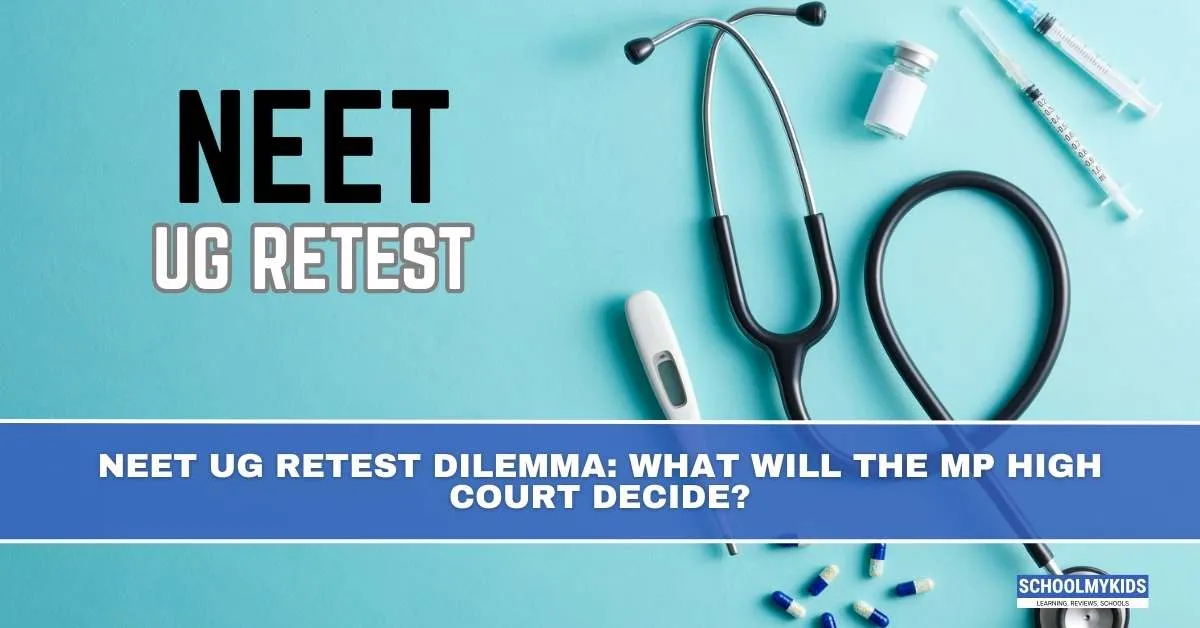Introduction
The NEET UG 2025 exam has become a subject of national concern due to irregularities caused by a power outage in parts of Madhya Pradesh. On May 5, many students in Indore and Ujjain faced difficulties completing the exam due to a power failure caused by a thunderstorm. This led to a High Court order for a retest for these students. However, the National Testing Agency (NTA) appealed against this decision.
Now, the Madhya Pradesh High Court has reserved its verdict on whether the retest should take place.
What Happened
Following the NEET UG exam, several students from Madhya Pradesh claimed that power failures disrupted their exam. The power outage led to poor lighting conditions in the examination halls. Some students reported using mobile flashlights and candles to complete their papers.
A single-judge bench of the Madhya Pradesh High Court had earlier ruled that students from affected centers should be allowed a retest under Article 14 of the Constitution, which guarantees equality before the law.
However, the NTA challenged this order, stating that a review by IIT Delhi experts found no major drop in scores from these centers. The NTA argued that natural light and backup arrangements were sufficient and that a retest would unfairly impact other candidates and delay the academic schedule.
Arguments in Court
During the recent hearing, the High Court acknowledged the mental stress students are going through but also questioned the fairness of conducting a retest for a small number of students out of over 22 lakh test-takers.
The judges noted that the issue is not just about emotions but also about practical consequences. They pointed out that re-examinations can affect the schedule of counseling, admissions, and classes for the entire batch.
Key Questions Before the Court
- Was the disruption significant enough to justify a retest?
- Should fairness to a few come at the cost of delays for the majority?
- Can the court allow retests selectively without affecting the national admission timeline?
What the Verdict May Include
The court may choose one of the following outcomes:
- Cancel the retest and go ahead with the original results.
- Allow the retest only for students with strong evidence of disruption.
- Recommend a broader investigation into examination center preparedness and accountability.
Why This Matters
This case could set a major precedent in how entrance exam issues are addressed in India. It will also impact the medical career timelines of thousands of students. The court's verdict is expected to influence future rules around exam fairness, technical disruptions, and student rights.
Conclusion
As of now, the Madhya Pradesh High Court has reserved its decision. The final verdict will not only affect students from Indore and Ujjain but could also shape the future of entrance exam policies in India.








Be the first one to comment on this story.